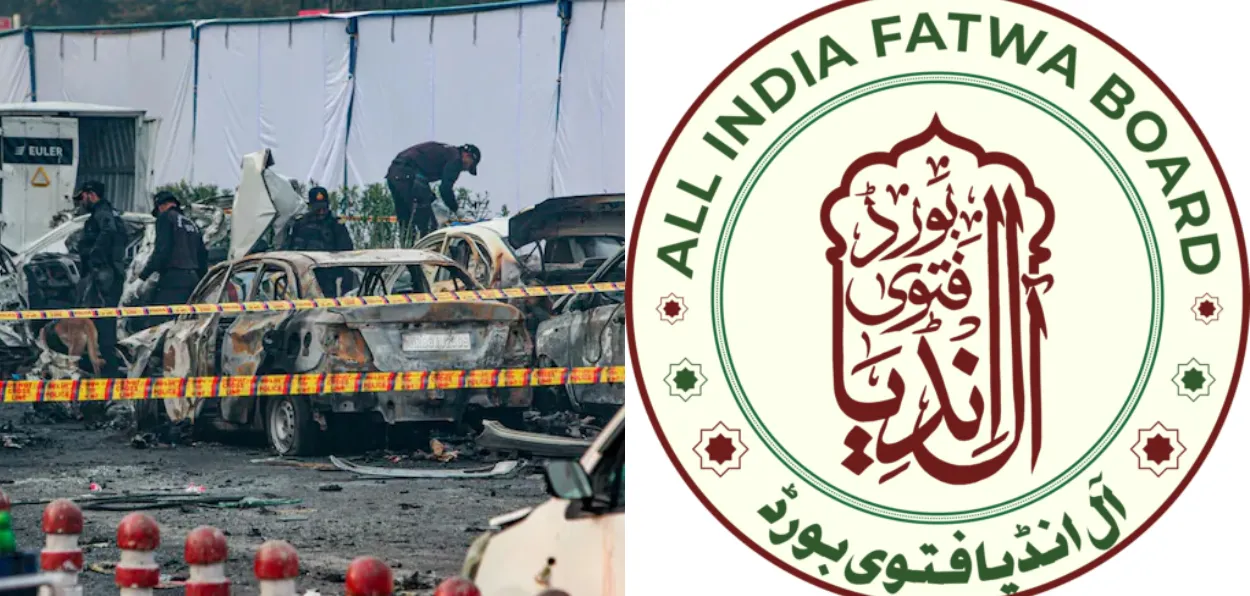
New Delhi
In the light of the November 10 suicide attack near the Red Fort in Delhi, which claimed 10 lives and left many injured, the All India Fatwa Board has issued a fatwa (religious ruling) declaring suicide attacks as haram (prohibited) in Islam.
The Fatwa was issued in response to a query by Dr Shujaat Ali Quadri, Chairman of the Muslim Students Organisation of India (MSO).
The fatwa gains importance in the light of the suicide bomber in the Red Fort blast case, Dr Umer un Nabi, declaring that ending life in Islam was legitimate. His video, extracted from a mobile phone, apparently shot before his suicide mission, has been widely circulated on social media.
The government has alerted media outlets against it since the video could fuel wrong ideas.
Maulana Mufti Shahid Ali Misbahi, Director, All India Fatwa Board, issued a detailed statement on the Fatwa to the media.
The fatwa says that Islam forbids not only killing others unjustly but also taking one’s own life. The Qur’an clearly states: “Do not kill yourselves; indeed Allah is Merciful to you.” And “Do not throw yourselves into destruction.”
Prophetic teachings further warn that a person who commits suicide will be punished through the very means used for suicide and will be deprived of Paradise.
According to the fatwa, suicide attacks combine two major sins—killing oneself and killing innocent people.” Such acts constitute an even more severe crime in Islamic law and have "No justification whatsoever" in the religion.
“The suicide attack in India’s capital is deeply condemnable, and Islam offers no space or leniency for such actions,” the statement reads.
ALSO READ: Nimrah Mirza's horses can calm your nerves through Equine Assisted Therapy
The Fatwa Board clarified that these acts contradict the fundamental teachings of peace, justice, and sanctity of life in Islam.
